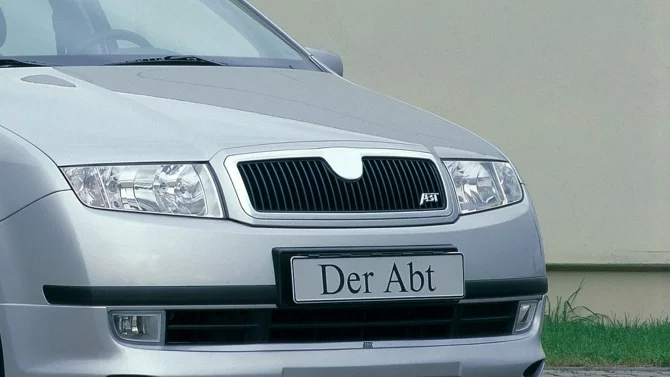...
By Jan Lopatka
PRAGUE, June 8 (Reuters) - The Czech economy expanded by 6.1 percent in the first quarter in a slight slowing from last year's average growth, while latest inflation data was seen pointing to higher interest rates.
Household demand was the main driver behind the first quarter growth in gross domestic product (GDP), the Czech Statistical Bureau (CSU) said on Friday.
The 6.1 percent increase was unchanged from an upward revised calculation for the previous quarter but below the 6.4 percent overall expansion recorded in full-year 2006.
The CSU also reported inflation dipped to 2.4 percent in May from 2.5 percent in April, but was still up from 1.3 percent in January.
And separate Labour Ministry data showed unemployment fell to 6.4 percent in May, a new low since 2004 when current methodology was introduced, from 6.8 percent in April.
Commenting on the GDP numbers, the CSU said:
"On the supply side, the rising demand is being secured by growth in production and added value, mainly in the processing industry, construction and trade."
The growth data was in line with expectations in a Reuters poll of analysts. But the central bank said it was 0.3 percentage points faster than it had forecast due to stronger than predicted household consumption while fixed capital investment was slower.
The Czech expansion lagged the boom in neighbouring Slovakia, which posted 9.0 percent growth in January-March, but matched 6.1 percent growth in northern neighbour Poland and outpaced Hungary, which reported 2.7 percent growth.
Czech growth has been driven in recent years by the car and electronics industries, which have helped swing the trade balance into surplus and given workers more money to spend.
Rising welfare handouts based on new laws approved ahead of mid-2006 elections also played their part in raising people's disposable incomes, analysts said.
The latest inflation number was half a percentage point above the level forecast in the central bank's April quarterly projections, mainly due to higher fuel prices.
Analysts expect inflation to rise further, which would require further tightening of monetary policy after a 25 basis point interest rate hike last month.
"Both the dynamics of GDP and its structure on the expenditure side are pointing to growing inflationary risks in Czech economy," said Radomir Jac, an analyst at PPF Asset Management.
"As such, they are sending a signal to the Czech central bank to normalise their interest rates further from the current low levels."
The crown currency was flat after the data at 28.46 to the euro , but firmed slightly in afternoon trade to reach 28.420 at 1120 GMT..
Czech interest rates stand at 2.75 percent, 125 basis points below the main European Central Bank rate after the ECB hiked the cost of money on Wednesday.
The discount has knocked down the Czech currency in the past months.
"The crown rate is so weak that it cannot be satisfactory for the central bank," said Raiffeisenbank analyst Ales Michl. "The probability has risen that a further interest rate increase of a quarter a percentage point will come already in July."
The central bank said in the minutes of its May 31 meeting released on Friday that interest rates will rise towards policy-neutral levels in the future because downside risks to inflation observed in the past have diminished.
Economists have said policy-neutral rate levels have been below but close to 4 percent, although they could fall somewhat to reflect a cut in the central bank's inflation target to 2 percent as of 2010 from the current 3 percent.




 „Elektrická mobilita je budoucnost, o tom není pochyb. Každý, kdo tvrdí opak, poškozuje náš průmysl.“ A proto přijdou plošné evropské dotace
„Elektrická mobilita je budoucnost, o tom není pochyb. Každý, kdo tvrdí opak, poškozuje náš průmysl.“ A proto přijdou plošné evropské dotace
 Našli jsme deset absolutně neznámých automobilů současnosti. Dokážete uhodnout alespoň polovinu?
Našli jsme deset absolutně neznámých automobilů současnosti. Dokážete uhodnout alespoň polovinu?
 Dvě i čtyři doby, tři a čtyři válce: Saab 96 se stal vozem pro individualisty, a to i v Československu
Dvě i čtyři doby, tři a čtyři válce: Saab 96 se stal vozem pro individualisty, a to i v Československu
 Elektromobil jako ojetinu nikdo nechce. Velký český autobazar skončil s jejich nákupem i prodejem
Elektromobil jako ojetinu nikdo nechce. Velký český autobazar skončil s jejich nákupem i prodejem
 Youtubeři zkoušeli, jestli nastartují Tatru 138 odstavenou osmnáct let. Výsledek nikoho nepřekvapí
Youtubeři zkoušeli, jestli nastartují Tatru 138 odstavenou osmnáct let. Výsledek nikoho nepřekvapí
